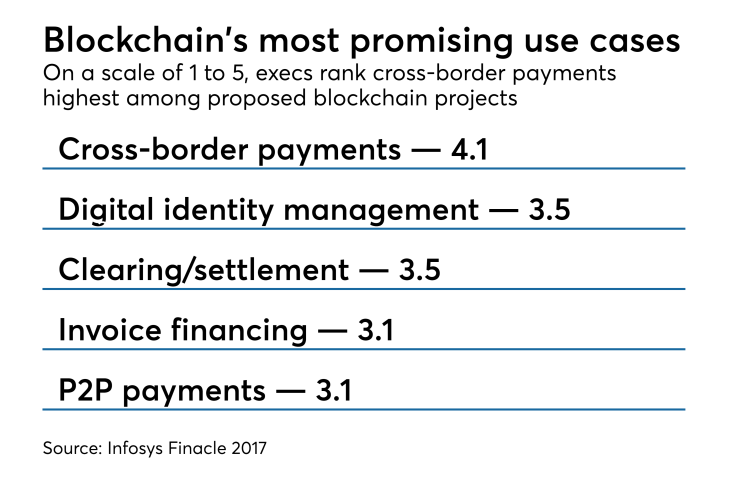Leaders at higher educational institutions are actively exploring blockchain applications, and with good reason.
Blockchain can enhance areas as diverse as course offerings, recordkeeping and credentialing, institutional collaboration, decentralized learning and nontraditional education.
Leaders in blockchain and education argue that blockchain might be the technology that revolutionizes higher education. It creates an auditable, distributed ledger of transactions that cannot be altered or removed, enabling transactions that are valid, authentic, trustworthy and immutable.

There are several use cases for this. Much has appeared in the media about the rise of cryptocurrencies such as bitcoin. Cryptocurrency entrepreneurs are beginning to make charitable donations in bitcoin to not-for-profit organizations, including universities. Higher education institutions are exploring ways to accept cryptocurrencies and convert them into cash donations.
Higher education institutions and many other not-for-profit organizations are pressed to provide donors with greater transparency on where donations go and how funds are used. Many donors and alumni use donor-advised funds to make contributions. By employing blockchain, universities can produce tax documents and verify to donors and fund administrators that their funds are being applied for their intended use.
With its origin as the foundation technology for cryptocurrencies, blockchain is the natural technology for payment processing. Banks have formed a consortium to bring blockchain applications to their operations and processes. Blockchain could significantly streamline and transform university functions for payments and banking relationships. For financial aid processing, the federal government and private lenders could require affirmation of course completion via blockchain before authorizing payment of financial aid funds.
Blockchain has great potential to validate and simplify human resources processes such as personnel file management, background checks, employment and credential verification, payroll, and other digital processes. Once a record is added on a blockchain, it exists in perpetuity.
Digital records have largely taken over paper-based records in most fields, but education still retains pockets of paper-based recordkeeping.
Blockchain can enable recordkeeping to be digitized, saving institutions on the costs associated with paper storage space and records retrieval. However, storing digital academic records, research studies and other metadata for students, faculty and staff takes up vast amounts of cloud storage space, obtained at a hefty cost to universities. Blockchain can enable decentralized file storage through a network approach, reducing cloud storage costs by sharing expenses among other providers around the world.





